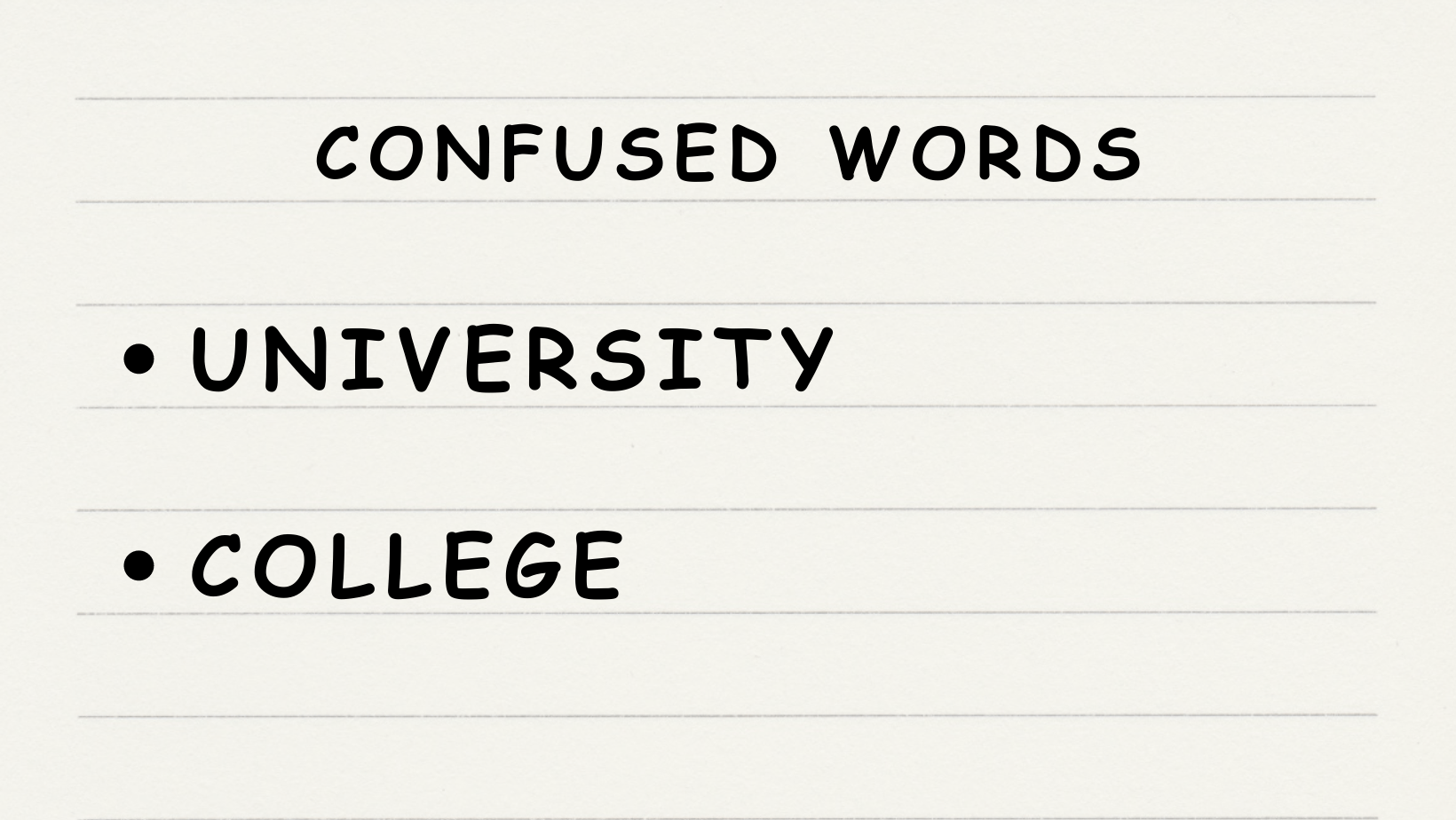
Hello, eager learners! Today, we’re going to examine two English words related to earnings: wage and salary. Although both terms refer to payment for work, they have different meanings and usage. Let’s explore these terms and clarify any confusion!
Wage
A wage /weɪdʒ/ generally refers to an amount of money paid to an employee at a specific rate, often calculated on an hourly, daily, or piecework basis. It’s usually associated with part-time, casual, or labor-intensive jobs.
Example: The waiter earned a wage of $12 per hour. (In this example, the waiter is paid per hour he works.)
Salary
On the other hand, a salary /ˈsæləri/ is a fixed regular payment, typically paid monthly or bi-weekly but often expressed as an annual sum. It’s usually associated with full-time positions in a professional setting.
Example: The teacher earns a salary of $50,000 a year. (In this example, the teacher receives a set amount yearly, irrespective of hours worked.)
Usage
Understanding the difference between a wage and a salary is crucial, especially when discussing employment terms or negotiating job contracts.
Examples
Here are some examples to illustrate their usage:
Wage:
- He earns a wage of $20 per hour as a freelance graphic designer. (He is paid based on each hour he works.)
- The factory workers are demanding higher wages. (The factory workers want more pay for each hour or piece they work.)
- My first job was at a coffee shop, and the wage was minimum. (The pay at the coffee shop was based on each hour worked.)
- Her wage depends on the number of products she assembles. (She gets paid per item she assembles.)
- Wages in the retail sector have been stagnant for years. (Hourly or daily pay in the retail sector hasn’t increased for years.)
Salary:
- She earns a good salary as a software engineer. (She receives a fixed payment, typically on a yearly basis.)
- His salary includes benefits such as health insurance and a pension contribution. (His fixed, regular pay includes extra benefits.)
- Teachers have called for a salary increase. (Teachers want an increase in their yearly payment.)
- She accepted the position because of the attractive salary package. (She took the job because of the appealing fixed payment and possible benefits.)
- The average salary in the tech industry is higher than in other fields. (The average yearly pay in the tech industry is higher than other fields.)
Conclusion
In essence, a wage is an hourly, daily, or piecework payment, while a salary is a fixed regular payment, typically calculated on an annual basis. Remember: wages are usually for part-time or labor-intensive jobs, and salaries are generally for full-time professional positions. Happy learning!


